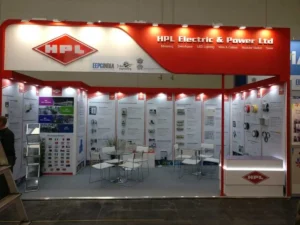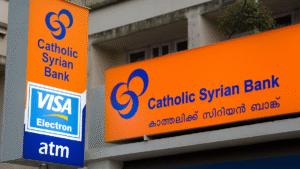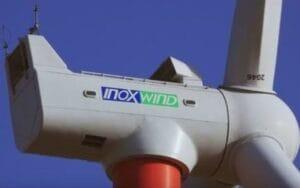1. At a Glance
Campus Activewear — the self-proclaimed king of India’s sports and athleisure footwear — struts around with a 17% market share, which in plain English means 17 out of every 100 sports shoes in your local mall are Campus. But here’s the kicker: the stock trades at67.5x earnings. That’s not a PE, that’s a ransom demand. The company posted Q1 FY26 revenue of ₹343.3 crore, up a measly1.2% YoY, which is like a sprinter bragging about running 0.1 seconds faster… after eating steroids. PAT? Down 12.5% YoY. But don’t worry, they successfully implemented SAP — so now they can track the slowdown in real time.
2. Introduction
Picture a sneaker store. One side is Adidas, Nike, Puma — all flexing like high school jocks. On the other side, there’s Campus: India’s discount king with flashy colors, Bollywood endorsements, and price tags that won’t make your wallet cry. It’s the brand your cousin buys before pretending he’s a “runner.”
From humble beginnings in 2008 to a ₹7,965 crore market cap today, Campus has jogged a decent corporate marathon. The only problem? Lately, it feels more like they’re speed-walking in a marathon where competitors are sprinting past.
3. Business Model (WTF Do They Even Do?)
Campus Activewear makes and sells sports and athleisure footwear for every possible “I need new shoes” situation — running, walking, lounging, going to tuition classes, or just wanting to post #OOTD on Instagram. Their product basket spans:
- Running shoes (for running to catch the metro)
- Walking shoes (for window shopping)
- Floaters & sandals (for that Goa trip you never take)
- Slippers & flip-flops (for home-to-nearest-kirana journeys)
They’ve nailed affordable pricing. The company’s manufacturing is mostly in-house, meaning they can control costs and maintain margins — until raw material prices decide to go full WWE on them.
4. Financials Overview
Quarterly Scorecard — The
Shoe Doesn’t Always Fit
| Metric | Q1 FY26 | Q1 FY25 | Q4 FY25 | YoY % | QoQ % |
|---|---|---|---|---|---|
| Revenue (₹ Cr) | 343.3 | 339.2 | 406.4 | 1.2% | -15.5% |
| EBITDA (₹ Cr) | 55.4 | 56.2 | 71.3 | -1.4% | -22.3% |
| PAT (₹ Cr) | 22.2 | 25.4 | 34.7 | -12.5% | -36.0% |
| EPS (₹) | 0.73 | 0.83 | 1.15 | -12.0% | -36.5% |
Annualised EPS = ₹0.73 × 4 = ₹2.92P/E = ₹261 ÷ ₹2.92 ≈89.3(yep, screener’s 67.5 is history; reality is harsher).
Commentary: Revenue growth YoY is flatter than my gym attendance curve. QoQ drop looks worse than an IPL team losing three matches in a row.
5. Valuation (Fair Value RANGE only)
Method 1: P/ESector median P/E ~ 40. Applying that to EPS ₹2.92 → ₹116.8 per share.
Method 2: EV/EBITDATTM EBITDA ~ ₹241 Cr. EV/EBITDA median ~ 20× → EV ~ ₹4,820 Cr.Minus net debt (~₹232 Cr borrowings – ~₹155 Cr cash) → Equity ~ ₹4,743 Cr.Per share = ₹4,743 Cr ÷ 52.38 Cr shares ≈ ₹90.5.
Method 3: DCF (very back-of-napkin)Assume FCF growth 10% for 5 years, 5% terminal, 11% discount → FV ~ ₹105.
Fair Value Range= ₹90 – ₹117
Disclaimer: This FV range is for educational purposes only and is not




















